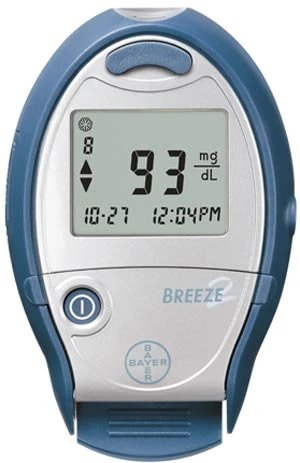
WHEN PERSONS WITH DIABETES use miscoded blood glucose meters to determine how much insulin to take, significant errors in insulin dose can result that may lead to short- and long-term health complications, according to findings of a new study just published in the Journal of Diabetes Science and Technology (www.journalofdst.org).
The study findings also showed that meters with No Coding technology (meters that automatically set the correct code anytime a test strip is inserted) gave superior performance over meters used in this study that had been correctly coded manually. This also translated into a lower probability of insulin dose error.
For the meters that do not require manual coding, the probability of ±1 unit and ±2 units of insulin could be as high as 35.4% and 1.4% respectively. There were no calculated insulin dose errors above ±2 units with the meters that do not require manual coding.
The authors of the study concluded that to avoid insulin dosing errors, people should be carefully instructed how to correctly code their meters or be advised to use a blood glucose meter that does not require manual coding.
Bayer HealthCare, Diabetes Care innovated diabetes management by being the first company to introduce a suite of blood glucose monitors with No Coding technology. The BREEZE and CONTOUR blood glucose monitoring systems offer people with diabetes a choice in diabetes management systems.

Explore the April 2007 Issue
Check out more from this issue and find your next story to read.
Latest from Today's Medical Developments
- Arcline to sell Medical Manufacturing Technologies to Perimeter Solutions
- Decline in German machine tool orders bottoming out
- Analysis, trends, and forecasts for the future of additive manufacturing
- BlueForge Alliance Webinar Series Part III: Integrate Nationally, Catalyze Locally
- Robot orders accelerate in Q3
- Pro Shrink TubeChiller makes shrink-fit tool holding safer, easier
- Revolutionizing biocompatibility: The role of amnion in next-generation medical devices
- #56 Lunch + Learn Podcast with Techman Robot + AMET Inc.





